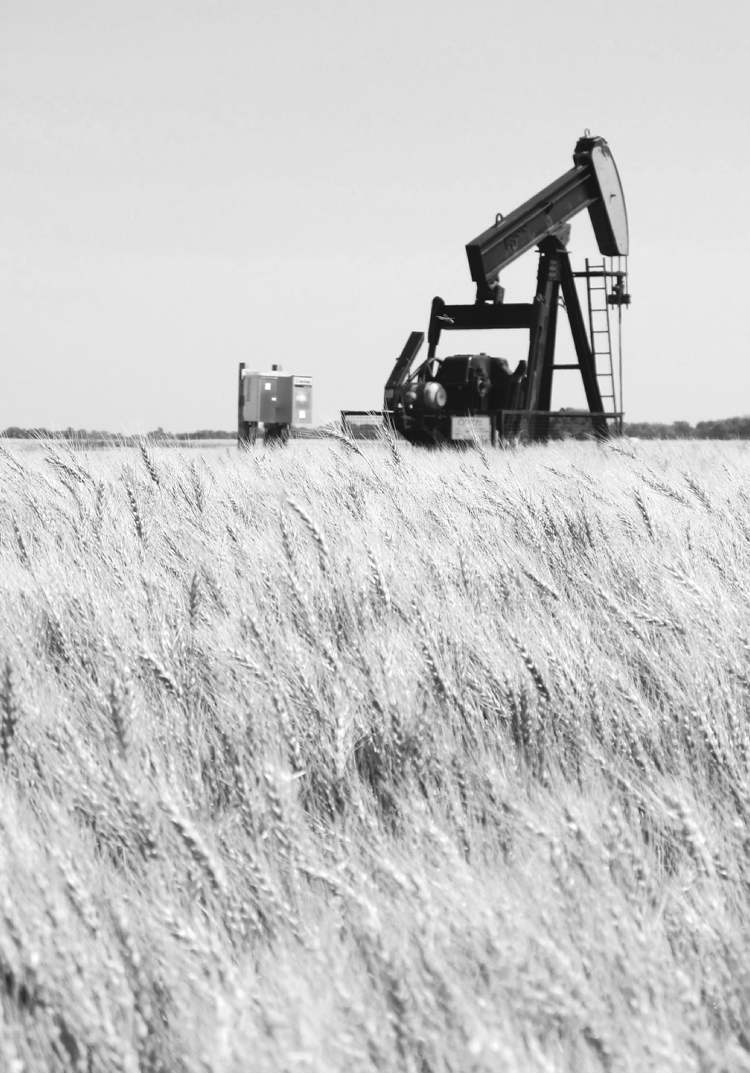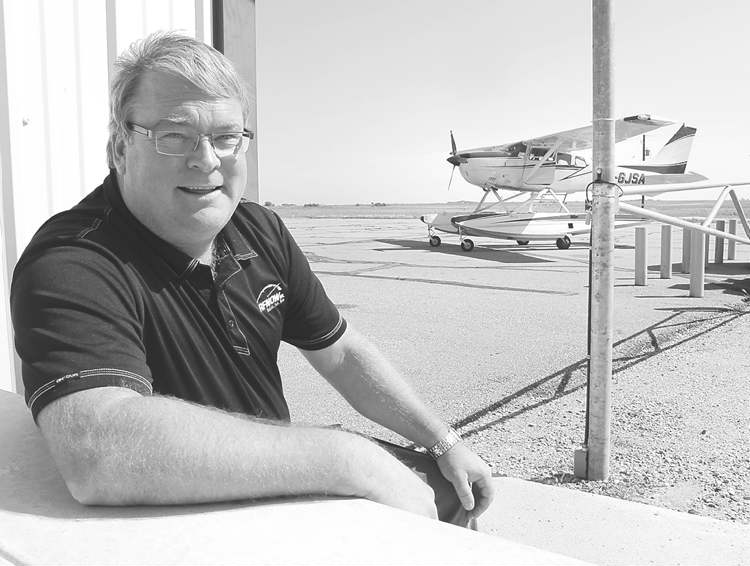It’s impossible to say ‘no’ to oil companies
Group pushes province for rights
Advertisement
Read this article for free:
or
Already have an account? Log in here »
To continue reading, please subscribe:
Monthly Digital Subscription
$1 per week for 24 weeks*
- Enjoy unlimited reading on winnipegfreepress.com
- Read the E-Edition, our digital replica newspaper
- Access News Break, our award-winning app
- Play interactive puzzles
*Billed as $4.00 plus GST every four weeks. After 24 weeks, price increases to the regular rate of $19.00 plus GST every four weeks. Offer available to new and qualified returning subscribers only. Cancel any time.
Monthly Digital Subscription
$4.75/week*
- Enjoy unlimited reading on winnipegfreepress.com
- Read the E-Edition, our digital replica newspaper
- Access News Break, our award-winning app
- Play interactive puzzles
*Billed as $19 plus GST every four weeks. Cancel any time.
To continue reading, please subscribe:
Add Winnipeg Free Press access to your Brandon Sun subscription for only
$1 for the first 4 weeks*
*$1 will be added to your next bill. After your 4 weeks access is complete your rate will increase by $0.00 a X percent off the regular rate.
Read unlimited articles for free today:
or
Already have an account? Log in here »
Hey there, time traveller!
This article was published 17/08/2013 (4426 days ago), so information in it may no longer be current.
VIRDEN — Although oilfields now operate across southwestern Manitoba, no region of the province has more experience with fossil-fuel extraction than the rolling plains to the north and south of Virden.
Since oil was discovered in Manitoba in 1951, one out of every two barrels extracted here has come out of what’s known as the Virden Field, which has afforded affluence to its namesake town and the surrounding vicinity.
Nonetheless, the Virden area is also home to a group of property owners who are trying to wrestle power away from the oil companies, which have almost unfettered access to the prehistoric rock below.

With oil production intensifying, thanks to horizontal drilling and hydraulic fracturing, agricultural producers say they’re becoming powerless to stop what they call the “uninvited industrial use” of their land. Under existing provincial regulations, if a landowner does not own the mineral rights below, any oil company that acquires those rights is more or less free to drill wherever they like.
And if they try to stop the development, they often wind up worse off.
“You don’t have a choice regarding an oil well going under your land,” said Scott Andrew, president of the Manitoba Surface Rights Association, a group of landowners lobbying the province to tilt the balance of power away from oil companies.
“You can say no, but 30 days later they’ll show up with a right-of-entry permit. And then you’ll wind up with a worse deal than you would have gotten, had you negotiated.”
Andrew, 49, is not some ponytailed Wolseley environmentalist. In fact, he defies the activist stereotype.
A fourth-generation resident of the Virden area, he helps run a 100-year-old insurance business, an international software-development company and a regional satellite- and microwave-Internet provider. The three Andrew entities employ a total of 125 people.
He’s also involved in oil development and praises the contributions the oil industry has made to Virden’s economy. But he still maintains landowners are getting a lousy shake, both in terms of the compensation they receive for pumpjacks on their land and the wells and pipelines running below it — and the cleanup costs when the oil companies leave.
Andrew says oil companies pay Manitoba landowners about $2,800 a year to operate a pumpjack in the middle of their grain field or pasture land. That figure would be $3,300 in Saskatchewan or more than $5,000 in Alberta, where the agricultural land values are considered to be higher, Andrew says.
But the financial compensation pales in comparison to the absence of say over the development itself. If a landowner says no to the presence of a well or pipeline below the surface, the dispute heads to the provincial surface rights board, which ultimately grants the oil company the right to develop wherever it chooses to do so. The board has yet to refuse a single oil-company application, Andrew says.
“Think about this in Winnipeg: If you have oil in your backyard and they want to put a well in there, you can’t do anything about it,” he says. “Then they pay agricultural rates to use your land and leave you with industrial waste.”

That waste, Andrew says, can take the form of brackish subterranean water that renders farmland too salty on which to grow grain. Eighteen acres of his mother’s 320-acre plot are polluted, he says.
Other pollutants can be found in abandoned pipelines that could saddle surface-owners with the cost of remediation, Andrew says. The Selinger government disputes this possibility, insisting there are measures in place to ensure oil companies cover the remediation cost.
But as the bankruptcy of the Montreal, Maine & Atlantic Railway following the Lac Megantic, Que., explosion illustrated, smaller industrial players may not be capable of covering the cost of larger environmental disasters, such as major spills.
This potential liability means it may not be worth a landowner’s while to receive any cash from an oil company. But few farmers can afford the legal fees to combat well-financed oil companies, let alone appeal the decisions of the surface rights board.
“Why should we have to use up all our financial resources to protect the land?” asks Andrew, who insists long-term land stewardship, not money is the central issue.
“We’re not anti-oil. We have so much here because of oil. We just want to make sure agriculture can continue after the oil goes dry.”
bartley.kives@freepress.mb.ca



